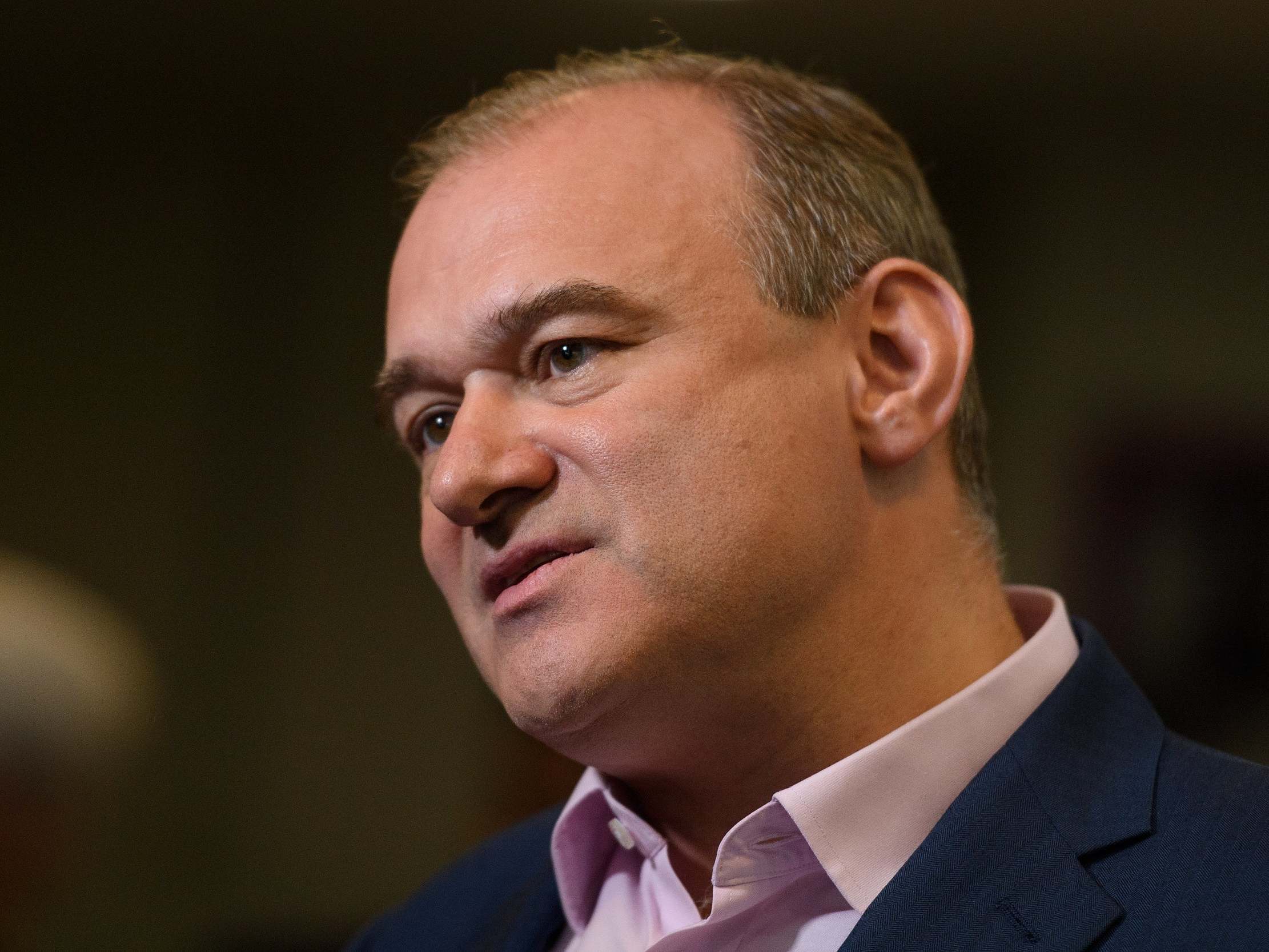Brexit: Voters would back temporary government of national unity to avoid no-deal, poll finds
Kenneth Clarke and Jeremy Corbyn are favoured options to lead a cross-party administration
Voters would back the creation of a temporary government of national unity to avoid a no-deal Brexit, according to a new poll.
But the BMG survey for The Independent found no consensus on who should head a cross-party administration, with Kenneth Clarke and Jeremy Corbyn the most popular but failing to establish a convincing lead.
The idea of a unity government has gained traction in Westminster since Boris Johnson lost his majority in the Commons and failed to trigger a general election.
Some believe that, if Mr Johnson is forced to resign because he is unwilling to comply with parliament’s instruction to extend Brexit negotiations beyond 31 October, the only way of forming a viable government would be through cross-party cooperation.
Mr Corbyn has backed away from his proposal that he could lead a temporary government to extend the Article 50 process and call an election, after other parties including the Liberal Democrats indicated they would not put him in Downing Street.
In BMG’s survey, some 34 per cent of those questioned said they would back a government of national unity (GNU) to block a no-deal Brexit, against 31 per cent who would oppose it and 20 per cent who neither opposed nor supported it.
When those who backed a GNU were asked to choose between a list of potential prime ministers to lead it, Mr Clarke and Mr Corbyn were each favoured by 15 per cent, followed by Liberal Democrat leader Jo Swinson on 11 per cent, Labour backbencher Hilary Benn (5 per cent), Mother of the House Harriet Harman, Green MP Caroline Lucas and Labour’s Yvette Cooper (4 per cent each) and former Conservative attorney general Dominic Grieve (3 per cent).
Lib Dem deputy leader Sir Ed Davey, who first floated the idea of a unity government in the spring, told The Independent: “This poll suggests the British public want to see politicians working together, as Liberal Democrats have argued.
“There’s a national crisis and Boris Johnson has responded by causing chaos and undermining democracy. That makes the need for cross-party working even greater.”
The poll found just 17 per cent of those questioned think Mr Johnson will get a Brexit deal by his Halloween deadline, against 58 per cent who think he will not.
And there was no consensus on what he should do if he fails to reach an agreement with Brussels.

Some 37 per cent said he should leave without a deal in this circumstance, as he has suggested he would.
But a majority said he should take some other course, 5 per cent backing the adoption of Theresa May’s thrice-rejected withdrawal agreement, 10 per cent the extension of talks, 16 per cent a second referendum and 19 per cent the revocation of the UK’s Article 50 withdrawal notice.
In a “no deal versus no Brexit” referendum, 51 per cent of those questioned said they would vote to remain in the EU and 49 per cent to leave without a deal, once those who did not know or would not vote were removed.
The poll put Mr Johnson’s Tories on 31 per cent, ahead of Labour on 27 per cent, Lib Dems on 19 and the Brexit Party on 13 – virtually unchanged since a similar survey last month.
BMG questioned 1,504 British adults between 3 and 6 September.
Join our commenting forum
Join thought-provoking conversations, follow other Independent readers and see their replies
Comments
Bookmark popover
Removed from bookmarks